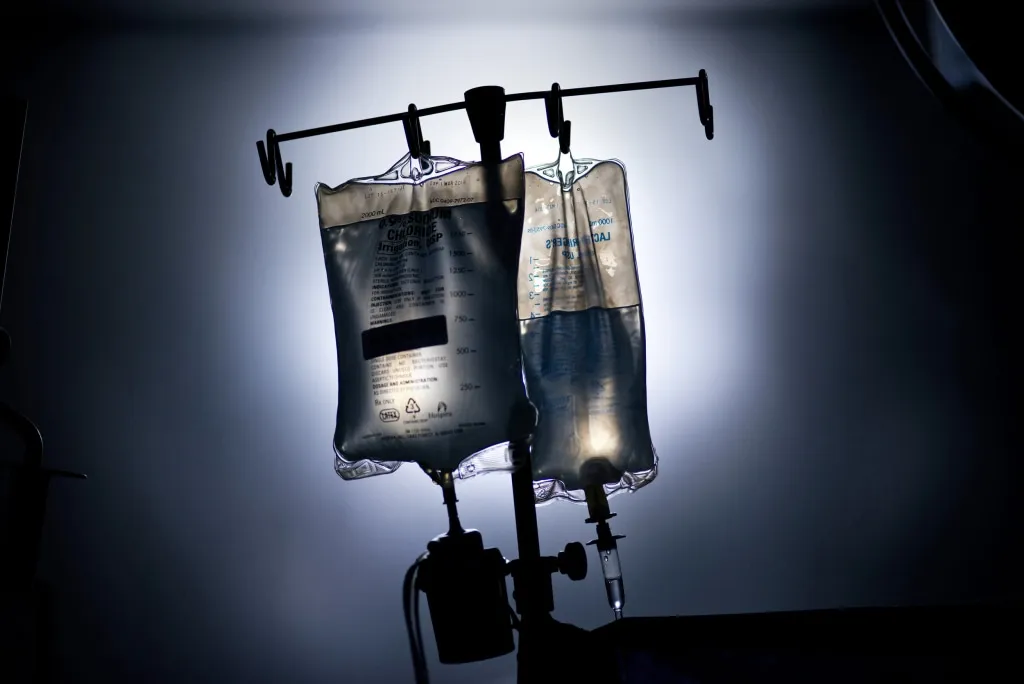Hospitals Conserve IV Fluid Supplies Following Hurricane Helene Impact

IV Fluid Supply Challenges Post-Hurricane Helene
In the wake of Hurricane Helene, a significant disruption has occurred in the supply of IV fluids, essential for administering treatments in hospitals across the United States. Many facilities are now adopting conservation measures to manage the declining supply effectively.
Baxter's Production Halt
Baxter International, the primary manufacturer of IV fluids, announced a temporary closure of its North Cove, North Carolina facility due to flood damage caused by the hurricane. This facility produces over 60% of the IV fluids used in the U.S. Hospitals relying on Baxter, such as Mass General Brigham, have already been informed that they will only receive a fraction of their usual supply. In response, hospitals are exploring alternative hydration options for patients.
Responses from Health Institutions
- Mass General Brigham reported a significant reduction in their IV fluid supply.
- Dr. Paul Biddinger emphasized that patient care remains a priority, with conservation methods currently in place.
Government and Manufacturer Actions
The Department of Health and Human Services, in cooperation with Baxter, is working to mitigate the effects of the supply chain issue. Other manufacturers, such as B. Braun Medical, are also stepping in to boost production of critical IV fluid products, although challenges remain due to damage and shutdowns at other facilities.
Looking Toward Recovery and Management
As the situation evolves, the health industry is on high alert. The focus remains on ensuring adequate IV fluid supplies while providing continuous care to patients who depend on these essential services.
Disclaimer: The information provided on this site is for informational purposes only and is not intended as medical advice. We are not responsible for any actions taken based on the content of this site. Always consult a qualified healthcare provider for medical advice, diagnosis, and treatment. We source our news from reputable sources and provide links to the original articles. We do not endorse or assume responsibility for the accuracy of the information contained in external sources.
This article was prepared using information from open sources in accordance with the principles of Ethical Policy. The editorial team is not responsible for absolute accuracy, as it relies on data from the sources referenced.